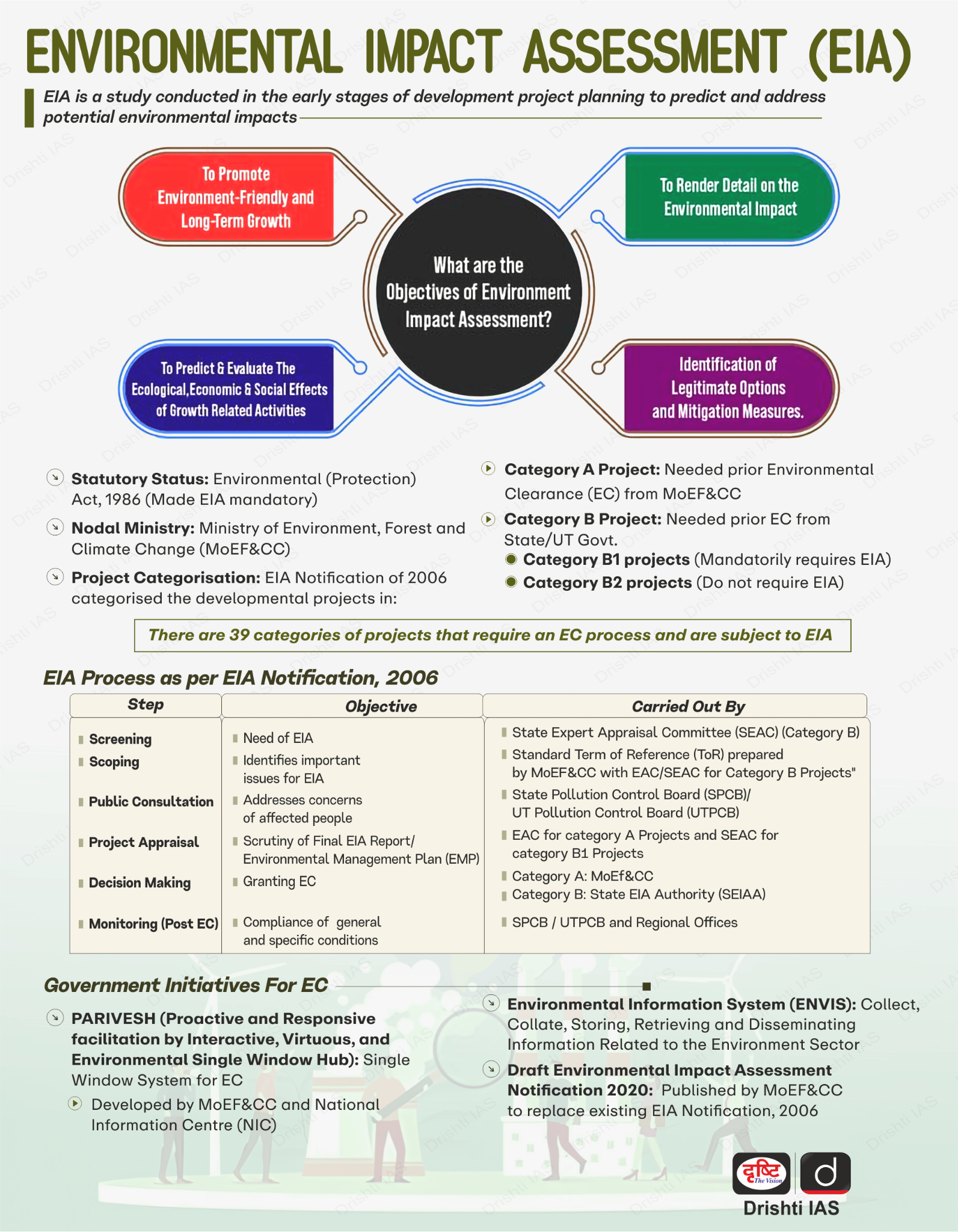Madhya Pradesh Switch to Hindi
MP Prohibits Hindu Students from Enrolling in Madrasas
Why in News?
Recently, the Madhya Pradesh government has issued an order barring Hindu students from enrolling in the madrasas, regulated by the state madrasa board or those receiving government aid.
Key Points
- The decision is a result of complaints that several madrasas in the state were enrolling fictitious Hindu students to get government aid.
- An investigation found that thousands of Hindu students have been enrolled in madrasas, which were operating only on paper.
- According to the authorities, the madrasas cannot force the students to participate in the religious activities or religious studies without written consent from them or their parents, if they are minors.
- All institutes, including madrasas, government-aided, and private institutes, must comply with the provisions of the New Education Policy 2020.
New Education Policy (NEP) 2020
- The NEP 2020 seeks to tackle the evolving development needs of India.
- It calls for a comprehensive overhaul of the education system, including its regulations and management, to establish a modern system that aligns with 21st-century educational goals, including Sustainable Development Goal 4 (SDG4), while respecting India's cultural heritage and values.
- It replaces the thirty-four year old National Policy on Education, 1986, modified in 1992 (NPE 1986/92).
Madhya Pradesh Switch to Hindi
Initiatives of Madhya Pradesh For Promoting Menstrual Health
Why in News?
Recently, the India unit of the United Nations International Children's Emergency Fund (UNICEF) praised the Madhya Pradesh Chief Minister’s initiatives for promoting menstrual health among adolescents in the state.
Key Points
- During an event, Chief Minister transferred a collective sum of Rs 57.18 crore to the accounts of 19 lakh girl students under the 'Samagra Shiksha' programme for sanitation and hygiene.
- Under the sanitation and hygiene scheme, funds have been transferred for sanitary napkins to girl students of Classes VII to XII.
- School and college Girls are also being educated about the importance of cleanliness and its measures.
Samagra Shiksha Scheme
- It was launched by the Ministry of Education in 2018.
- It is an integrated scheme for school education covering the entire gamut from pre-school to class XII.
- It aims to deliver inclusive, equitable, and affordable school education.
- It subsumes the three Schemes of Sarva Shiksha Abhiyan (SSA), Rashtriya Madhyamik Shiksha Abhiyan (RMSA) and Teacher Education (TE).
- It is being implemented as a centrally sponsored scheme.
- It involves a 60:40 split in funding between the Centre and most States.
United Nations International Children's Emergency Fund (UNICEF)
- UNICEF was created in 1946 as International Children’s Emergency Fund (ICEF) by the UN relief Rehabilitation Administration to help children affected by World War II.
- UNICEF became a permanent part of the United Nations in 1953.
- It is mandated by the United Nations General Assembly to advocate for the protection of children's rights, to help meet their basic needs and to expand their opportunities to reach their full potential.
- UNICEF is guided by the Convention on the Rights of the Child, 1989.
- It strives to establish children's rights as enduring ethical principles and international standards of behaviour towards children.
- Awarded the Nobel Prize for Peace in 1965 for “promotion of brotherhood among the nations”.
- Headquarters: New York City.
Jharkhand Switch to Hindi
Jharkhand Mukhyamantri Maiyan Samman Yojana (JMMSY)
Why in News?
Recently, Jharkhand Chief Minister Hemant Soren launched the Jharkhand Mukhyamantri Maiyan Samman Yojana (JMMSY).
Key Points
- Under the scheme, Rs 1,000 will be given to eligible women between 21 and 50 years of age from families living below the poverty line.
- A total of Rs 12,000 will be sent to the bank accounts of all eligible women every year through Direct Benefit Transfer Scheme.
- The state government has launched many ambitious schemes for the all-round development of all classes and communities.
- The state government has decided to waive off agriculture loans up to 2 lakhs instead of just Rs 50,000.
- Girls in government schools are benefiting from the Savitribai Phule Samridhi Yojana, and model schools are being run to strengthen the education system.
- Under the Mukhyamantri Rojgar Srijan Yojana, loans continue to be issued to people at subsidised rates.
Mukhyamantri Rojgar Srijan Yojana
- Under this, young citizens of the state between the ages of 18 and 45 are provided a loan of Rs 25 lakh at the lowest rate to start their own business. Along with this, 40% grant (subsidy) or Rs 5 lakh is provided by the government.
- Scheduled Caste, Scheduled Tribe, Minority, Backward Class and women that are part of Sakhi Mandal can avail the benefit of the scheme.
- Sakhi Mandal is a group of women who come together to improve their standard of living and socio-economic status.
Savitribai Phule Kishori Samridhi Yojana
- This scheme was started in the state with the aim of emphasising on girl education, ending child marriage and women empowerment.
- Under this scheme, the state government is giving assistance of a total of Rs 40,000 to adolescent girls for good education.
Uttarakhand Switch to Hindi
Uttarakhand Lifts Restrictions on Char Dham Tourists
Why in News?
Recently, the Uttarakhand government decided that there will be no limit on the number of pilgrims visiting the Char dhams, despite multiple landslides that have blocked the route for pilgrims.
- The yatra starts in May and continues till the first week of September every year.
Key Points
- The state government has set a daily limit of 12,000 pilgrims for the dhams, but in 2018, a Supreme Court-appointed committee recommended a limit of 5,000 pilgrims per day for Kedarnath.
- At a 2023 investor summit, the state government reported that the tourism sector contributes 15% to the state's Gross Domestic Product (GDP).
- They also outlined plans to attract investments totaling Rs 20,000 crore and initiate 200 projects through the Public-Private Partnership (PPP) model by 2030.
Char Dham Yatra
- Yamunotri Dham:
- Location: Uttarkashi district.
- Dedicated to: Goddess Yamuna.
- River Yamuna is the second-most sacred river in India after River Ganga.
- Gangotri Dham:
- Location: Uttarkashi district.
- Dedicated to: Goddess Ganga.
- Considered the most sacred of all Indian rivers.
- Kedarnath Dham:
- Location: Rudraprayag district.
- Dedicated to: Lord Shiva.
- Situated on the bank of the Mandakini River.
- One of the 12 Jyotirlingas (divine representations of Lord Shiva) in India.
- Badrinath Dham:
- Location: Chamoli district.
- Home to the sacred Badrinarayan Temple.
- Dedicated to: Lord Vishnu.
- One of the holy shrines for Vaishnavites.
Uttarakhand Switch to Hindi
Gross Environment Product Index
Why in News?
Uttarakhand has become the first Indian state to launch a Gross Environment Product Index.
Key Points
- The Himalayan Environmental Studies and Conservation Organisation is the creator of the Gross Environment Product Index.
- There are four pillars of the Gross Environment Product Index: air, soil, tree and water.
- The formula is, GEP index = (Air-GEP index + Water-GEP index + Soil-GEP index + Forest-GEP index).
- Significance:
- It helps in assessing the impact of anthropological pressure on our ecosystem and natural resources.
- It provides a robust and integrated method for assessing a state's ecological growth, capturing various facets of environmental well-being as a result of human actions.
- Recommendation:
- Activities should be prohibited; regulated and promoted.
- Regulated activities should be allowed only as per carrying capacity and environmental impact assessment.
Himalayan Environmental Studies and Conservation Organisation
- It is a Non-governmental Organisations, formed in 1979.
- Its aims are:
- Resource based ecological and economical development of Himalayan community.
- Building and empowering community organisation for socio economical independence.
Bihar Switch to Hindi
NCPCR Chief Demands UN Probe in Bihar Madrasas
Why in News?
Recently, the National Commission for Protection of Child Rights (NCPCR) chairman raised serious concerns over the "radical" curriculum in government-funded madrasas of Bihar and the enrolment of Hindu children in these schools.
Key Points
- The chairman criticised the United Nations Children's Fund (UNICEF) for its role in developing this curriculum for madrasas.
- He also called on the United Nations to investigate these activities and urged that the Madrasa Board be dissolved.
- Many books included in the curriculum of these madrasas are published in Pakistan and research on their content is ongoing.
- The use of funds for activities outside the scope of the Right to Education (RTE) Act, 2009 constitutes a violation of both the Indian Constitution and the United Nations Convention on the Rights of the Child (UNCRC).
National Commission for Protection of Child Rights (NCPCR)
- NCPCR is a statutory body set up in March 2007 under the Commissions for Protection of Child Rights (CPCR) Act, 2005.
- It is under the administrative control of the Ministry of Women & Child Development.
- The Commission's mandate is to ensure that all laws, policies, programs, and administrative mechanisms are in consonance with the child rights perspective as enshrined in the Constitution of India and also the UN Convention on the Rights of the Child.
- It inquiries into complaints relating to a child's right to free and compulsory education under the Right to Education Act, 2009.
- It monitors the implementation of the Protection of Children from Sexual Offences (POCSO) Act, 2012.
Convention on the Rights of the Child
- It is a treaty adopted by the United Nations General Assembly in 1989.
- It recognises a child as every human being under 18 years old.
- It sets out the civil, political, economic, social and cultural rights of every child, regardless of their race, religion or abilities.
- It includes rights such as Right to Education, Right to Rest and Leisure, Right to Protection from Mental or Physical Abuse including Rape and Sexual Exploitation.
- It is the world’s most widely ratified human rights treaty.


.png)
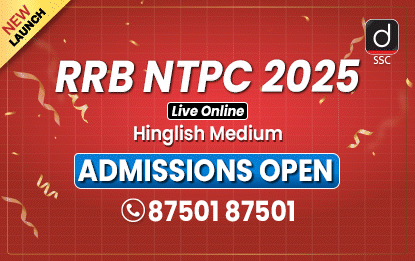


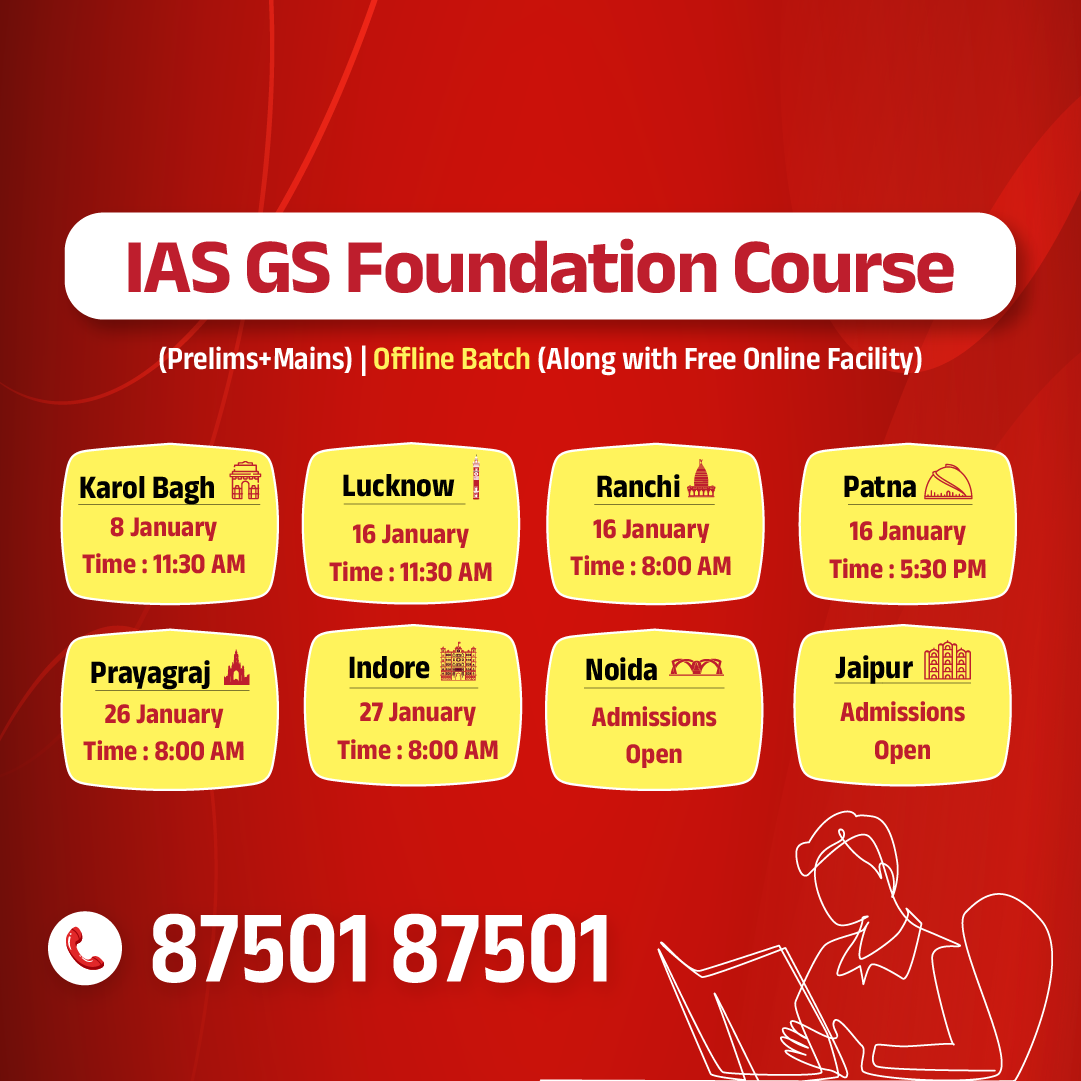
.jpg)
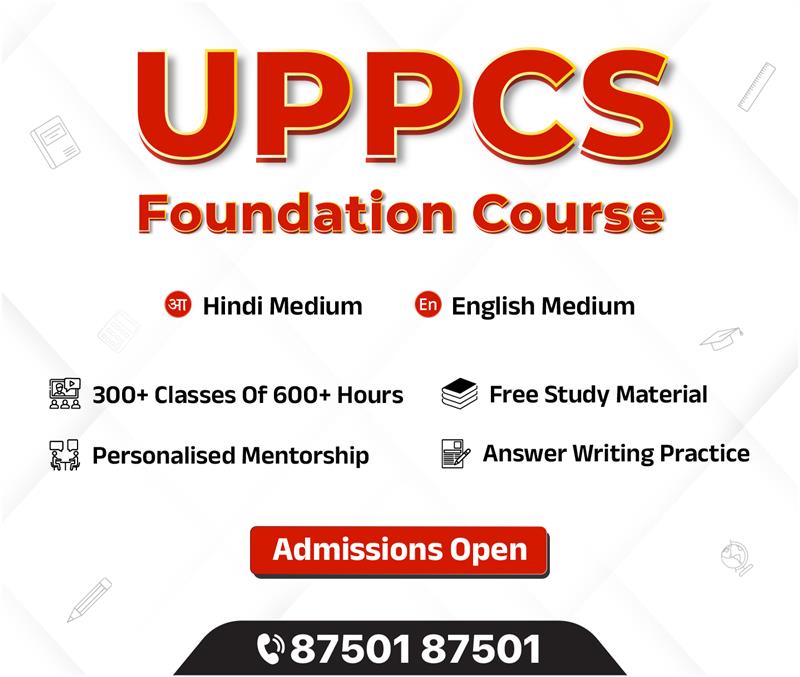



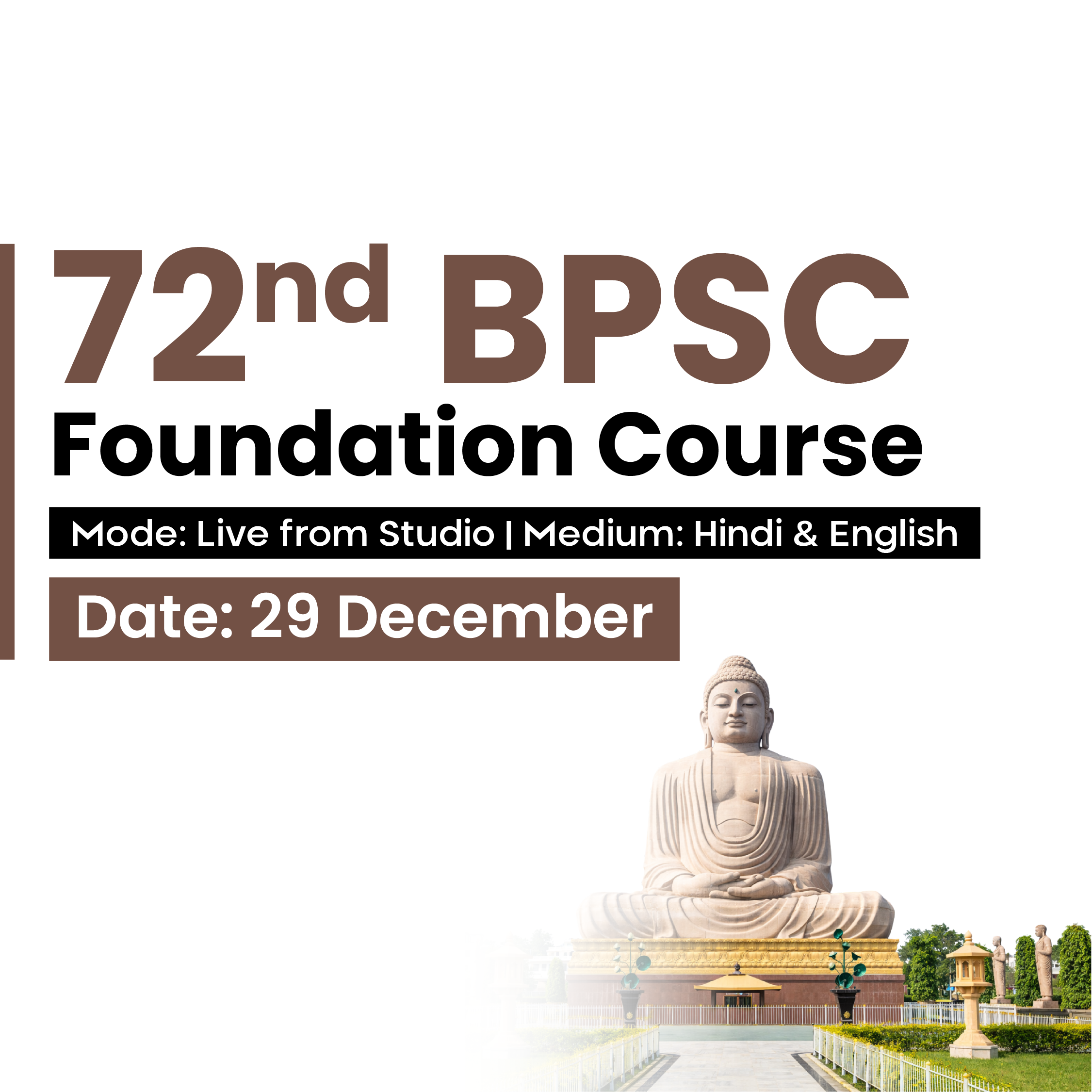

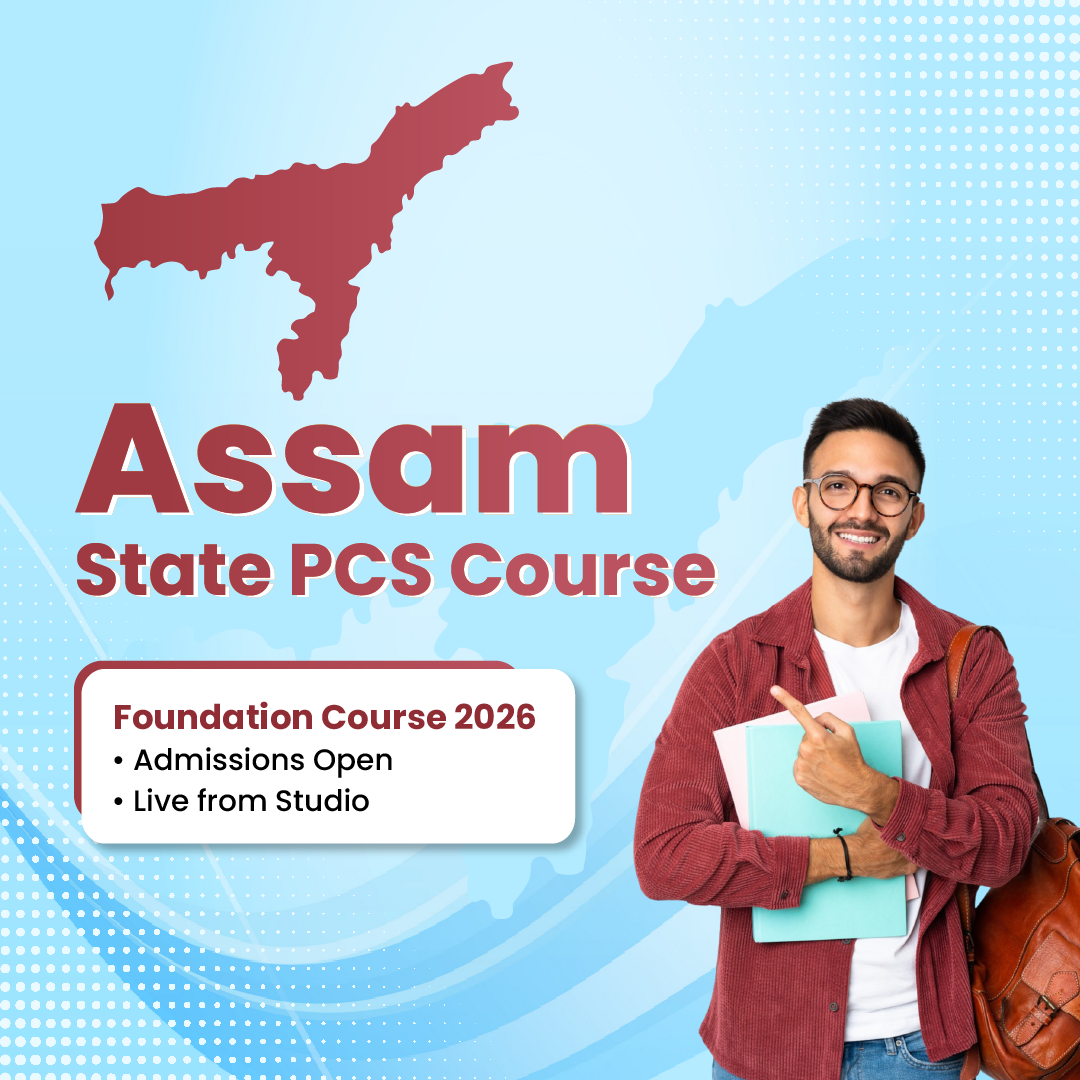

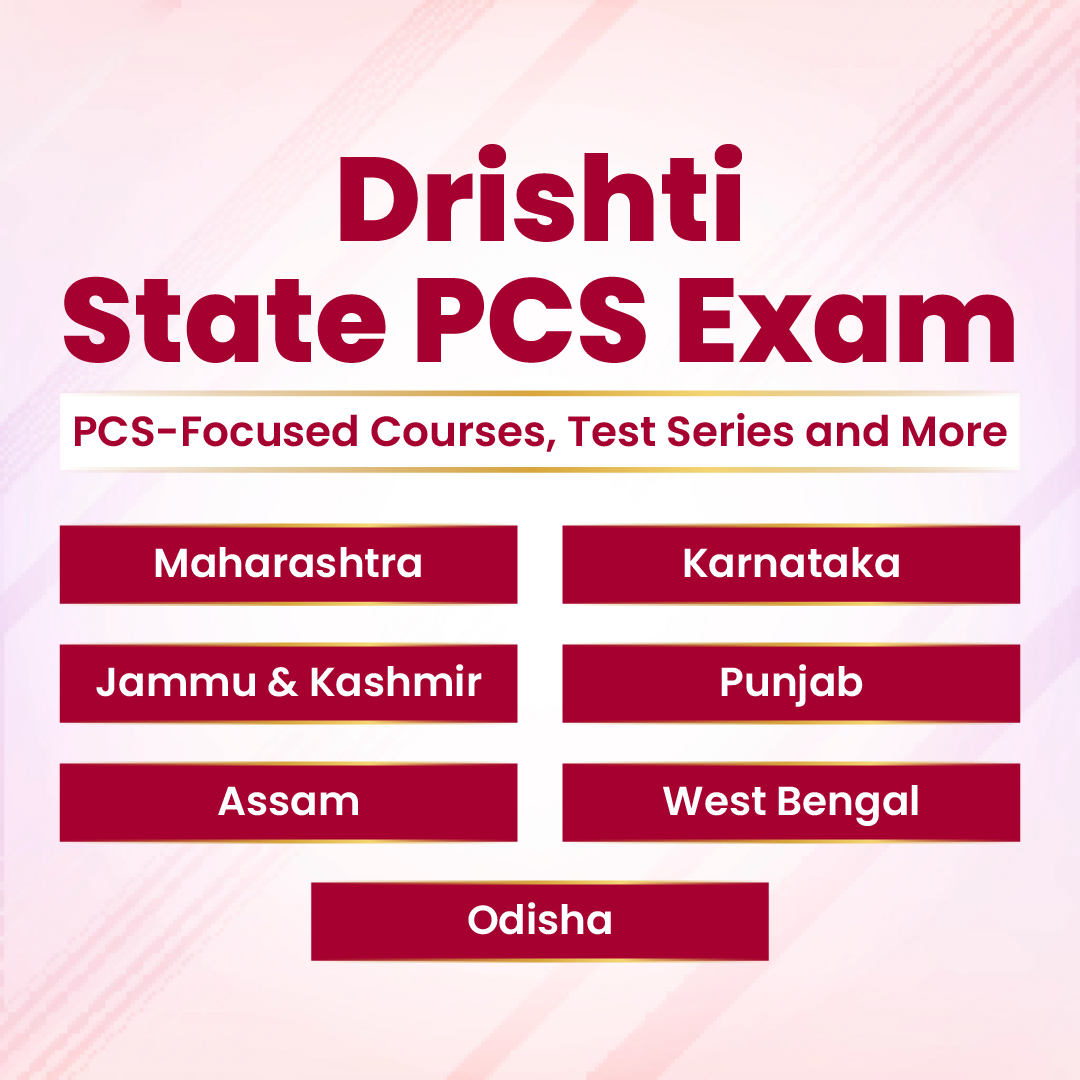

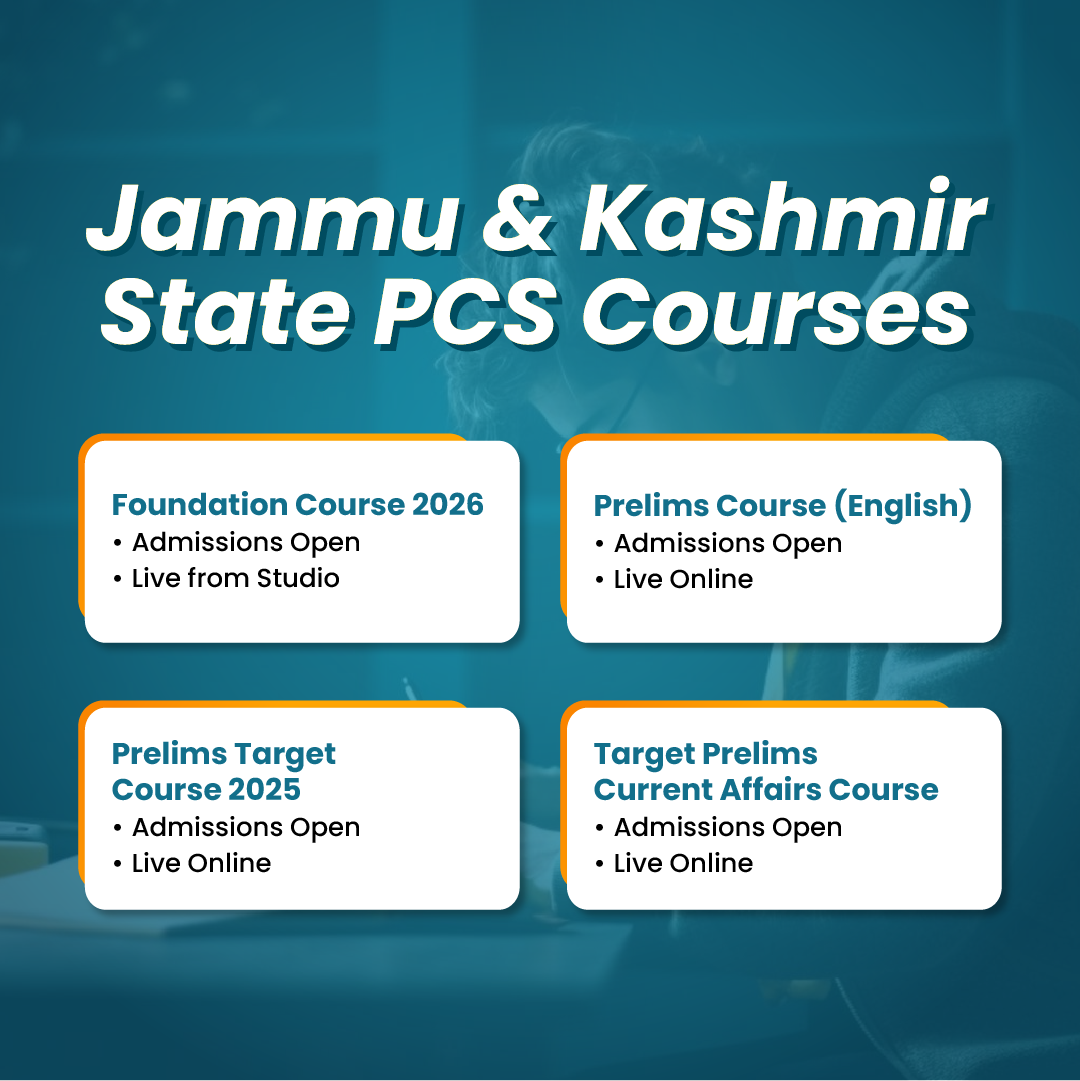

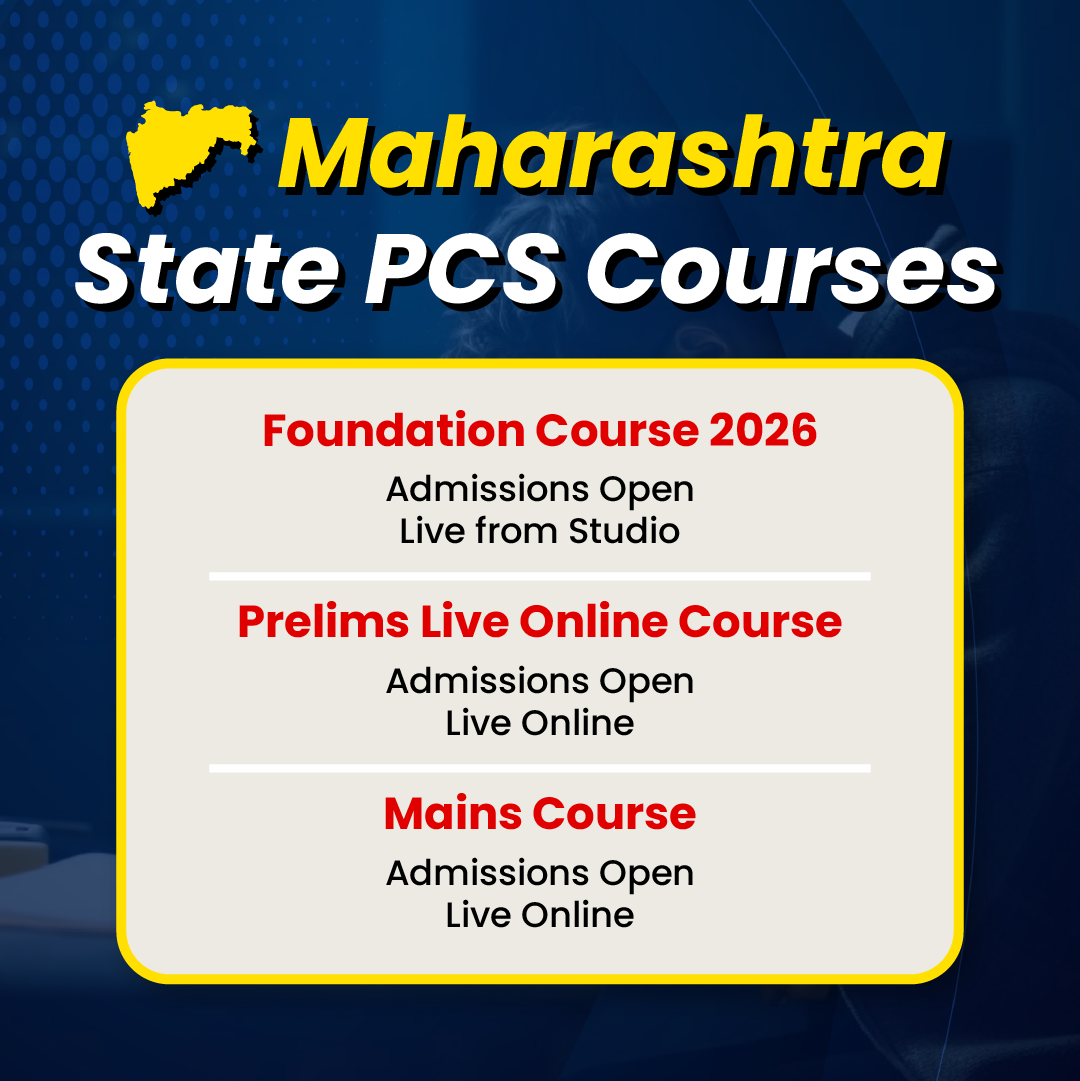

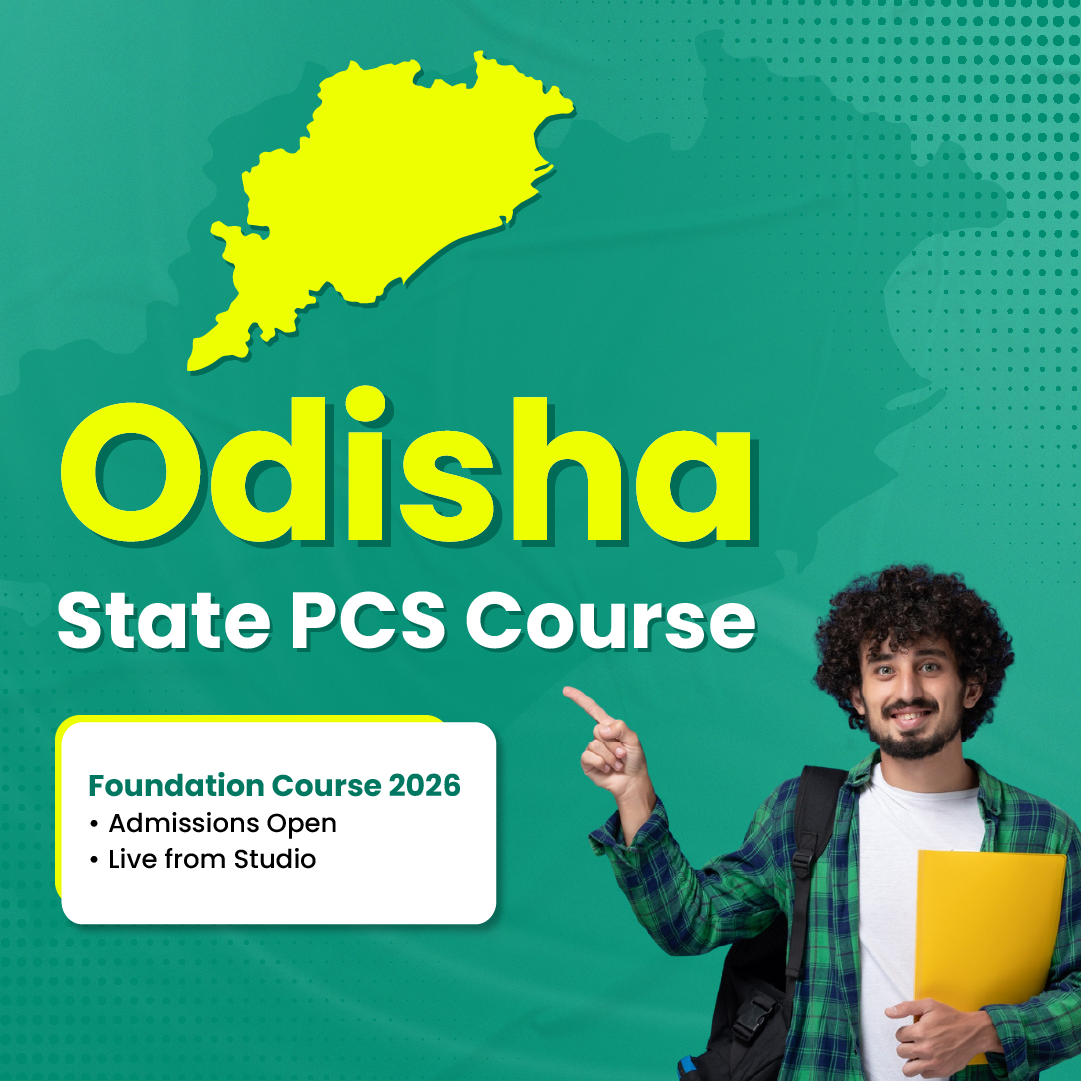



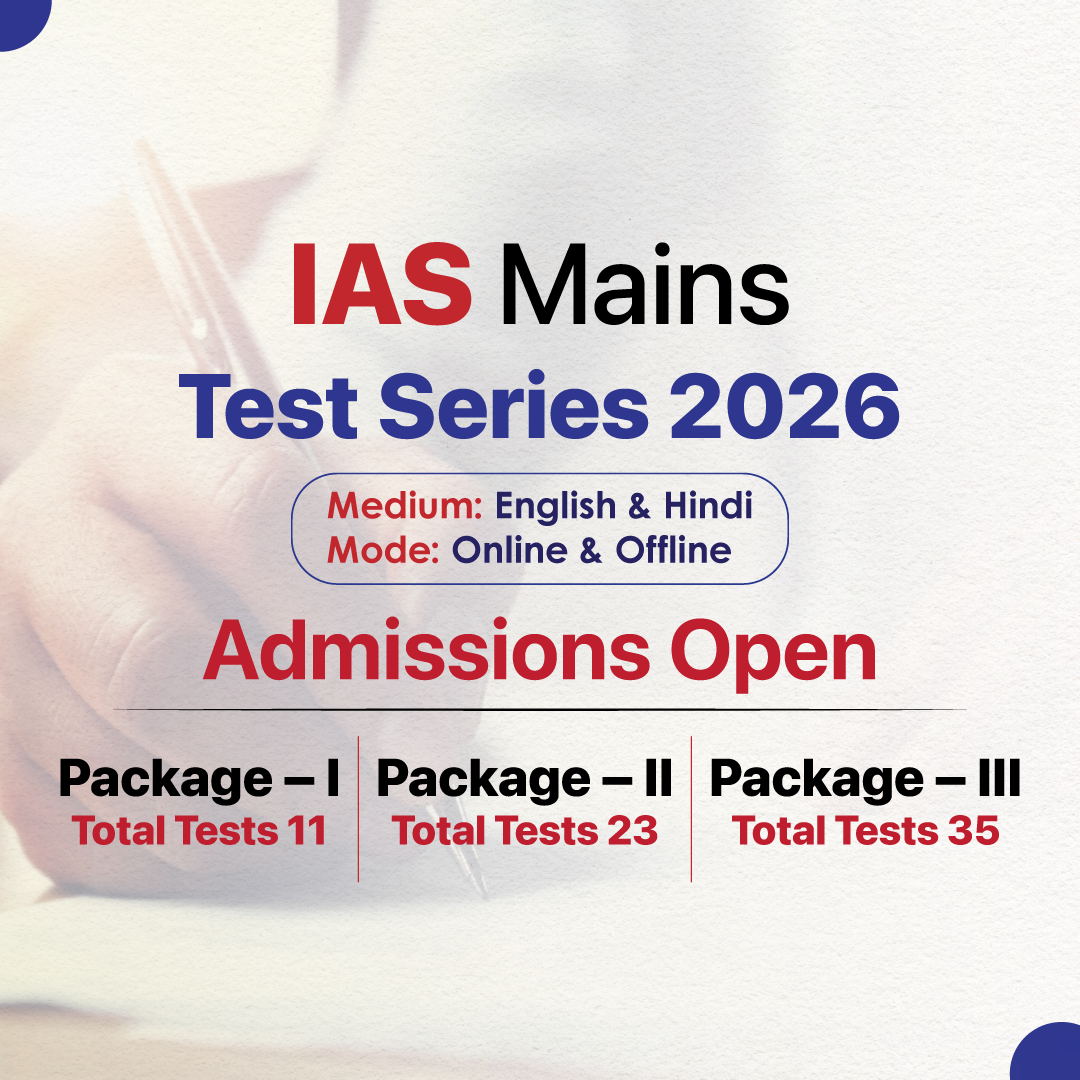

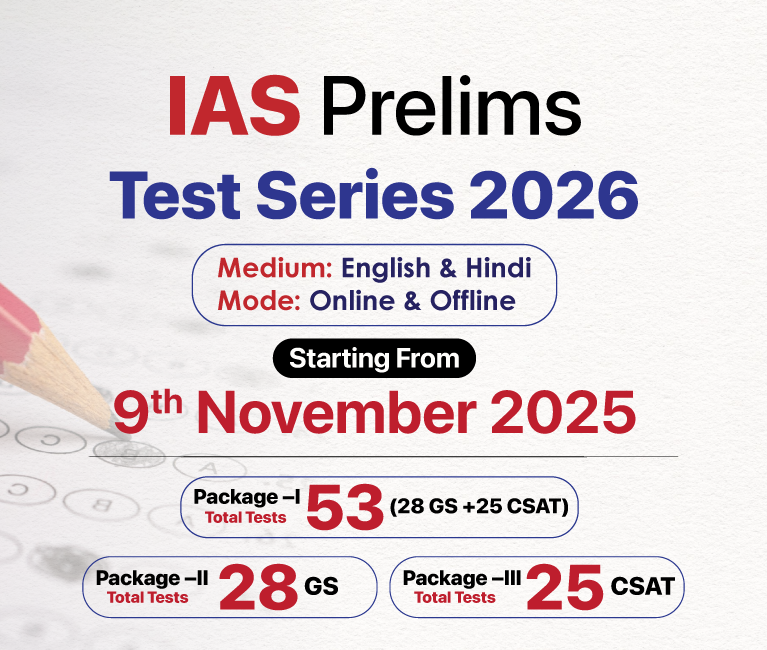


.png)
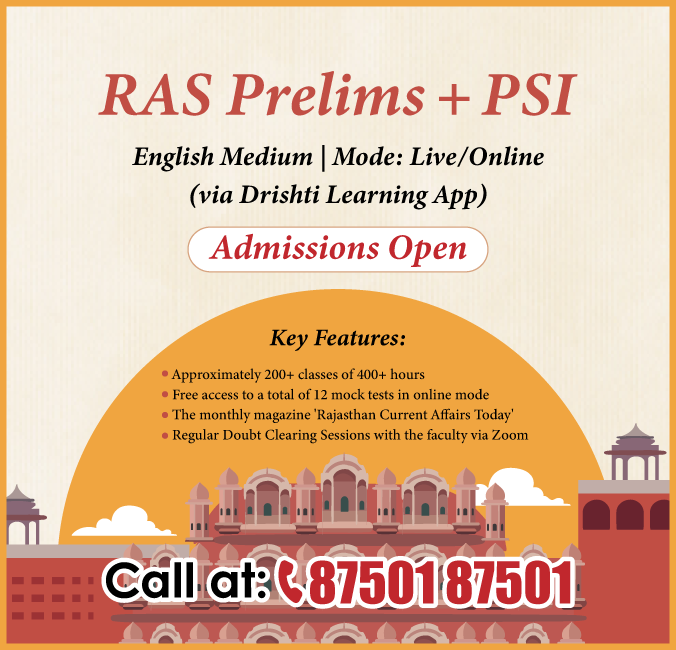

.jpg)

 PCS Parikshan
PCS Parikshan